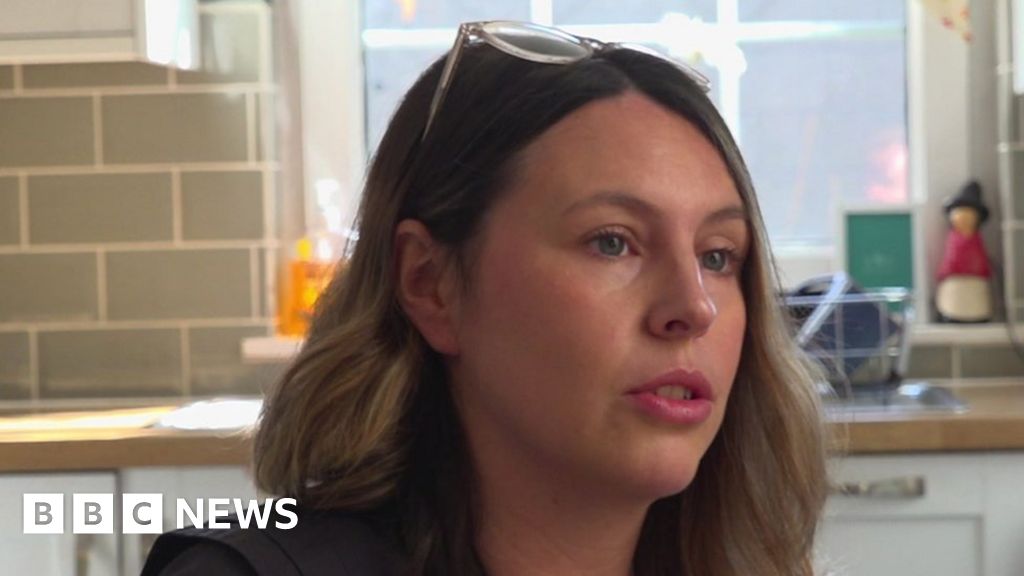bushwacker
VIP Member
The National Park formerly called the Brecon Beacons no longer exists. The area where it used to be is now called Bannau Breycheiniog.
It is a response to global warming, presumably it is to stop all those tourists who managed to find it previously from shitting in the lay byes.
The plan is if you cant find it on a map, you wont want to go there.
It is a response to global warming, presumably it is to stop all those tourists who managed to find it previously from shitting in the lay byes.
The plan is if you cant find it on a map, you wont want to go there.





